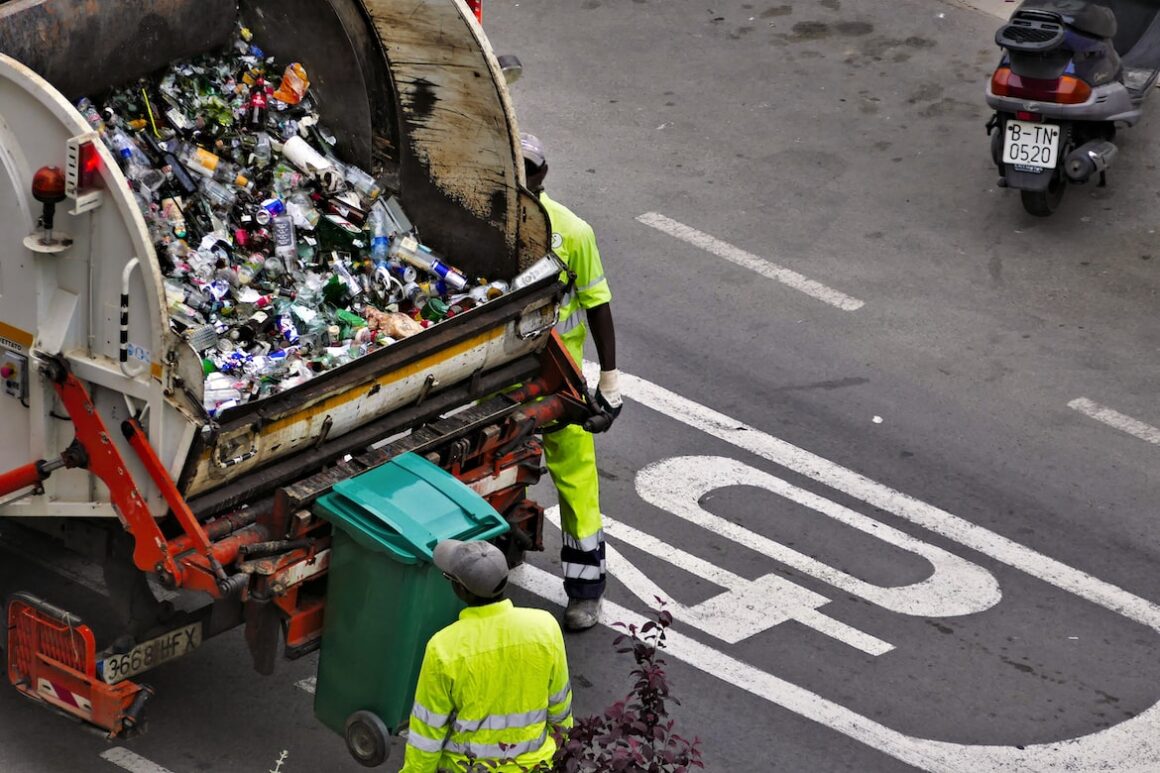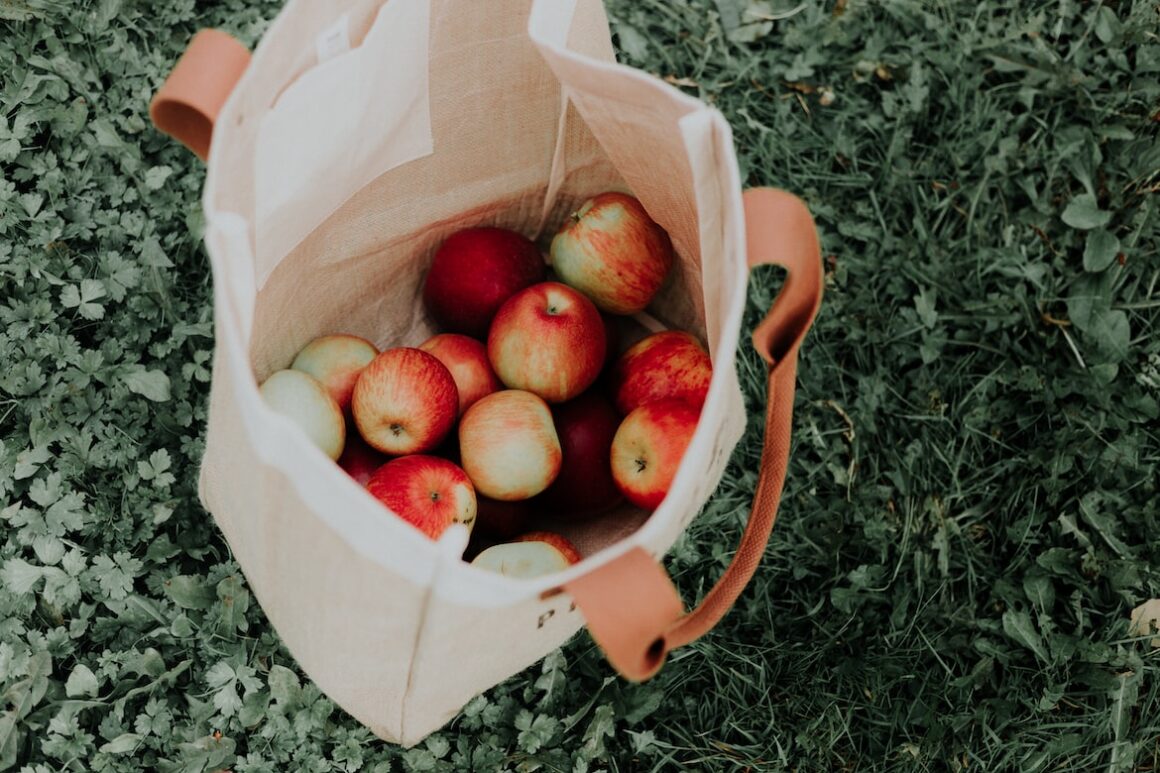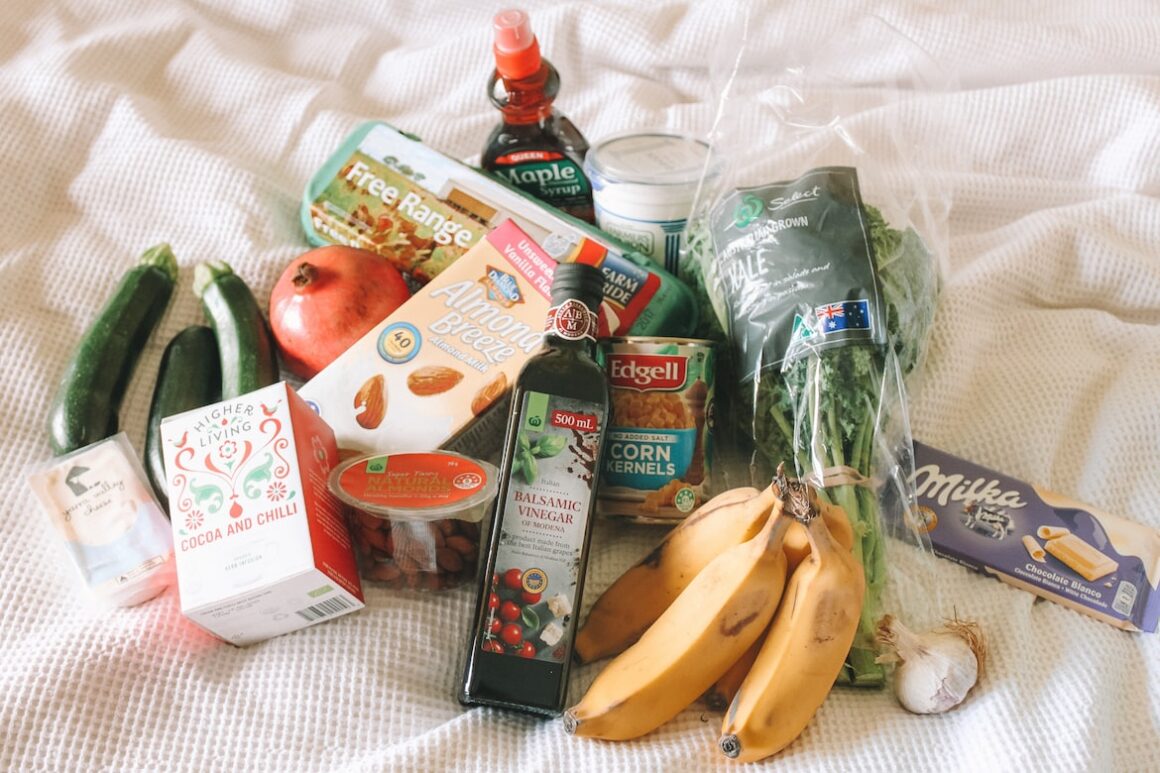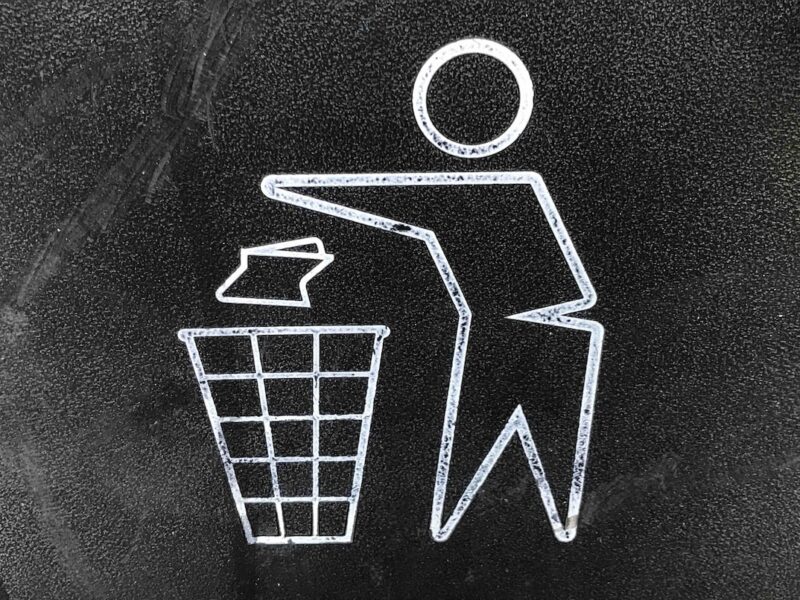Sustainable waste management generally refers to the collection and transport of waste from homes and business establishments to recycling plants, landfills, junk shops, and other waste collecting agencies. But aside from proper handling so it doesn’t pose health risks to individuals collecting the waste and, more importantly, the environment, it also aims to lessen waste production and the depletion of natural resources.
Surely, you’re no stranger to the global call for more environmentally friendly practices, not just for the current generation but also for the future. Truth be told, consumers nowadays seem to be consuming more single-use plastics than in the past.
Luckily, it’s not yet too late to change. You can do many things, both as an individual and perhaps even in the organization you belong to, to practice more sustainable waste management, regardless of the type of waste you’re disposing of. Those best practices are what you’ll go through below.
1. Schedule Regular Pick-Ups From Rubbish Removal Companies

You can be reading this as a household consumer or the owner of a business establishment, but there’s one thing in common: your waste turnover may be quite fast. Suppose you haven’t started segregating yet, or thought about sending some rubbish to the recycling plant. And perhaps, among all the items on your to-do list for the day, dealing with waste could be too much of a chore to do.
Worry not, as you can take on the services of rubbish removal companies to do those tasks on your behalf. the team at Dirt Cheap Rubbish Removal, among other companies, won’t just collect your waste, but they’ll also send it to the proper destination.
Scheduling regular pick-ups from rubbish removal companies can allow you to hit two birds with one stone. First, you’ll have a cleaner home or business space, as your rubbish won’t pile up. Second, you’ll feel more responsible knowing not all of your trash is automatically sent to the landfills, as those that can be recycled are also delivered to the proper entities.
2. Reduce Dependence On Paper And Ink

Gone are the days when you’d have to print every document to be viewed. With the help of technology and the advent of online document viewing software and apps, files can now be saved and even shared online. And so, whether you’re a homeowner viewing bills or new recipes or a business owner running your operations, you can make the most out of this innovation and go paperless.
This practice can significantly reduce your usage of and dependence on paper and ink and the disposal thereof. However, if printouts are necessary, always use both sides of the paper and reduce the margins and font size.
Along this line, it’s not just paper per se that you have to reduce your usage. This should also include paper products like toilet paper. Instead of using tissue paper too much in the bathroom, swap this for bidets and hand dryers instead. This isn’t just friendlier to the environment but more hygienic as well.
3. Shop With Reusable Bags

If you’re still shopping using single-use plastic bags, you may want to switch to using your eco or reusable bags. Today, many stores charge extra for every plastic bag to try and discourage shoppers from being too dependent on it. You wouldn’t want to pay for those plastic bags, even if it’s only a few cents.
Likewise, even if your local supermarket is still handing out plastic bags for free, this fact shouldn’t give you all the freedom to keep using them. The more you make it a habit to shop using reusable bags, the less single-use waste you bring home.
The only exception to this practice is if you know you’ll have more use for those grocery bags. For example, some households re-wash supermarket bags instead of buying new trash bags to use them as bin bags.
4. Reduce Purchase And Simplify Your Life

Reducing the items you purchase and simplifying your life could mean you’re starting to lean towards a more minimal lifestyle. This could also mean that the level of consumerism will also decrease.
This is another good practice for sustainable waste management since you bring fewer things home. In the long run, you may even throw away some of those things and all the packaging that came with them.
And so, each time you see an item, whether clothes, gadgets, or appliances in the store calling you in and tempting you to buy it, contemplate how much you really need it. If you’re unsure how a specific item can do you any good, leave the store and think it through before you finally make a final purchase.
Takeaway
Sustainable waste management is important not just for you as an individual but even to businesses, the local society you belong to, and, more importantly, the environment. As you can see, every single individual has a role in contributing to more sustainable waste management practices, and the list above is only the beginning. Once you get the hang of it, you may find that living a more sustainable lifestyle already becomes second nature.



